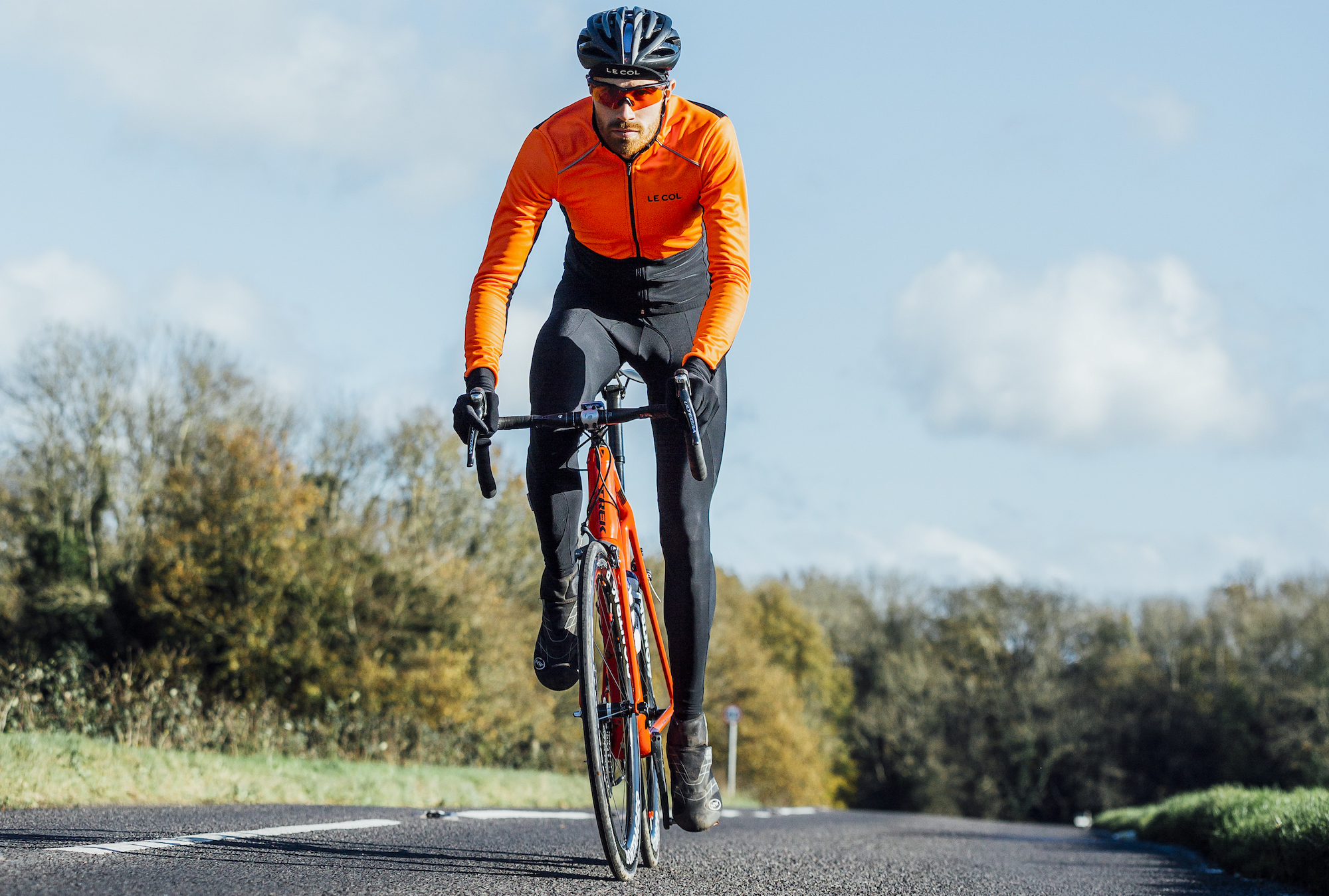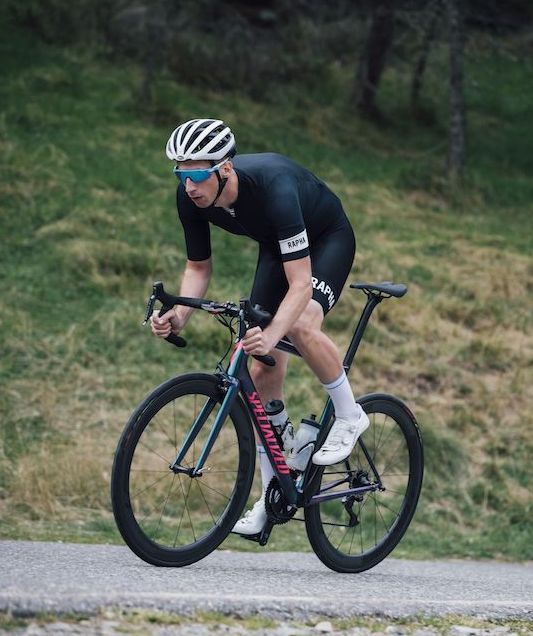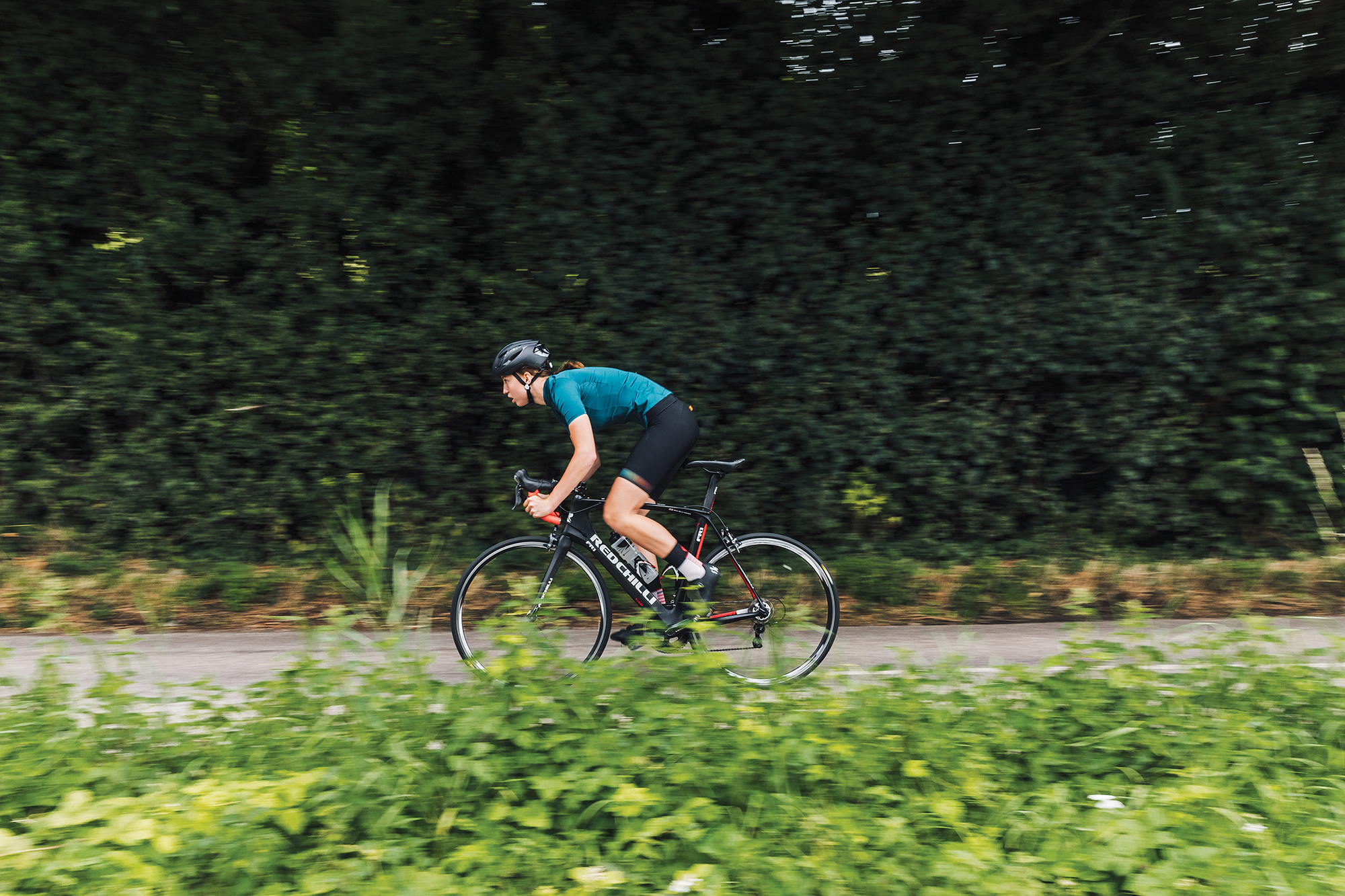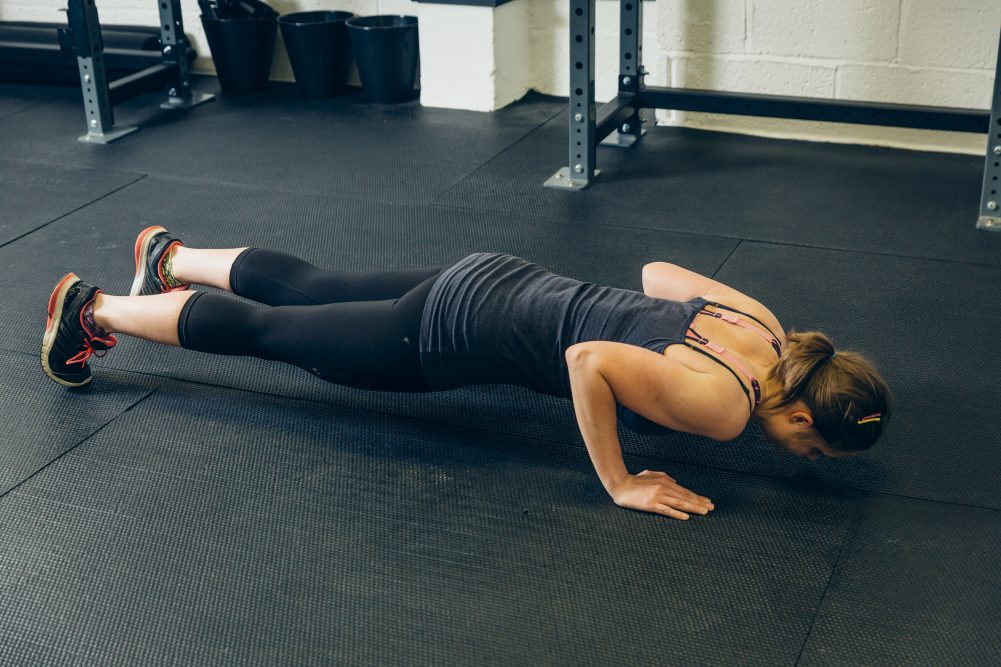How to train for your first event and raise money for charity
Looking to prepare for your first big event? Here are some key tips to take onboard before the big day. In partnership with Alzheimer’s Research UK


This feature is supported by Alzheimer’s Research UK
Signing up for your first cycling event can be an intimidating prospect if you are looking to dip your toe into the world of cycling sportives. Whether you're doing it for yourself or as a challenge to raise money for charity, it's important to be ready for what lies ahead.
But taking on board a structured approach to your training and preparation will mean that you can arrive on event day in the best possible shape, both physically and psychologically.
Pick an event to suit your ability
Before you even enter your event it is important to be realistic with your expectations, ambitions and the time you have to train for your event.
Individual events can have varying distances themselves based on ability levels, but also different events can have varying demands based on their terrain.
Researching the route map and elevation beforehand won’t only help you prepare for what’s ahead but also give you a good idea if you will have the physical capability to take on and enjoy the event in the first place.
Get The Leadout Newsletter
The latest race content, interviews, features, reviews and expert buying guides, direct to your inbox!
>>> Cycling training plan for endurance
Set out a structured training plan
Once you have entered your event, it is important to plot out a training plan which will mean you reach your event day in the best physical shape possible.
Of course this will vary from person to person based on your current fitness levels, but having a mix of interval, tempo and long rides will slowly build your all round fitness.
Building up the time and distance of your long rides will be the most important part of your week, and it won’t be a case of having to replicate your event day distance in training.
If you are able to ride close to this distance in training then you shouldn’t have any issues on the day itself when combining your event week taper, additional training and on the day adrenaline to help get you to the finish.

Recovery is just as important as training
It may be tempting to go flat out with your training programme to try and become as fit as possible in the shortest amount of time, plotting rides or gym sessions every day of the week.
However this is very likely to be unproductive in the long term, as your body won’t be used to this kind of intensity.
It may not lead to injury right away, but the fatigue suffered from multiple training sessions on a body that isn’t used to it, will lead to you not getting the most out of the training session itself.
Don’t be afraid of recovery days, as they should be enjoyable and this is where your body is able to recuperate and become stronger for the next session on your plan.
Off the bike training can become your best friend
Although on bike training is the most important part of preparing for your first cycling event, if you have the time to carry out some off bike training, it can prove highly effective.
Mixing in a variety of yoga, core work, and cross-training activities like swimming or running (in moderation) can be really beneficial both psychologically but also help increase your cycling potential when back on the bike.

Psychological prepare
Lining up at your first event can be daunting, but if you are able to chunk the route up in manageable sections then it becomes far less intimidating.
It may be a case of reaching the first drinks station, or 25km marker or halfway through, but having set markers in your mind makes taking on the complete distance more manageable.
Remembering the successes from your training schedule and how you have already conquered certain distances and climbs shouldn’t be forgotten on event day either.
Riding in a group
One thing which you may not be used to is riding with others in a group during an event. Although it may not be possible to replicate this with a large number of riders in training, but even riding with one other cyclist in training can help with the drafting benefits that can be a real helping hand on event day.
If you are able to ride with a friend or family member in a safe location where you focus on riding closer to their back wheel, you will be able to save so much energy and gain speed in the long run on event day.
Think about your on-bike nutrition
Lastly it is likely your event will consist of you riding multiple hours on the bike, therefore ensuring you have a suitable nutrition strategy alongside your training plan is key.
A good rule of thumb is to consume 60 grams of carbohydrates per hour, this can come in the form of energy gels, energy drinks, energy bars or just standard food itself.
It is important to trial these during longer training rides to see which brands and foods work best for you and your body can digest effectively, so you don’t have any issues on event day.
Be sure to check the weather forecast before the event day itself as hotter temperatures will see you lose salts and require greater thought into your hydration strategy as well through potential electrolyte drinks rather than just water.

Thank you for reading 20 articles this month* Join now for unlimited access
Enjoy your first month for just £1 / $1 / €1
*Read 5 free articles per month without a subscription

Join now for unlimited access
Try first month for just £1 / $1 / €1
Follow on Twitter: @richwindy
Richard is digital editor of Cycling Weekly. Joining the team in 2013, Richard became editor of the website in 2014 and coordinates site content and strategy, leading the news team in coverage of the world's biggest races and working with the tech editor to deliver comprehensive buying guides, reviews, and the latest product news.
An occasional racer, Richard spends most of his time preparing for long-distance touring rides these days, or getting out to the Surrey Hills on the weekend on his Specialized Tarmac SL6 (with an obligatory pub stop of course).
-
 'It took everything' - Puck Pieterse outclimbs Demi Vollering to win La Flèche Wallonne
'It took everything' - Puck Pieterse outclimbs Demi Vollering to win La Flèche WallonneDutch 22-year-old shows Classics pedigree with first one-day victory
By Tom Davidson
-
 Tadej Pogačar flies to dominant victory at La Flèche Wallonne
Tadej Pogačar flies to dominant victory at La Flèche WallonneSlovenian takes second win at Belgian classic ahead of Kévin Vauquelin and Tom Pidcock
By Tom Thewlis